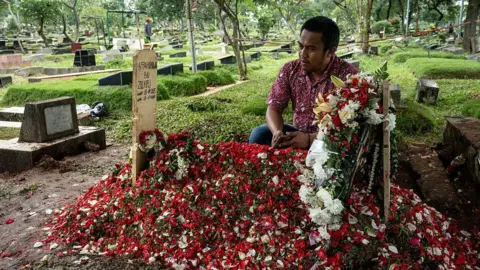In a heartbreaking tale of isolation, the final days of Academy Award-winning actor Gene Hackman reveal the profound impact of Alzheimer’s disease on both the patient and their loved ones. Hackman, who was living with advanced stages of Alzheimer's, was found dead at age 95 in his Santa Fe home, alongside the body of his wife, Betsy Arakawa, who had passed away a week earlier from a rare virus.
Medical experts emphasized that it’s quite possible Hackman was unaware that his wife, whom he had been married to for over 30 years, had died. This was supported by findings that suggested the veteran actor may have been unable to grasp the reality of his situation, lost in the fog of his illness. Authorities found both bodies after a welfare check, with Hackman discovered near the kitchen, cane and sunglasses in hand, while Arakawa was found in a disturbed bathroom environment.
Dr. Heather Jarrell, the chief medical examiner in New Mexico, explained that while Arakawa succumbed to hantavirus pulmonary syndrome, Hackman's death was attributed to significant heart disease exacerbated by Alzheimer's. His autopsy revealed he had not eaten recently, raising concerns about whether he could care for himself during the days following his wife's death.
Occupational therapist Catherine Piersol described Hackman's likely experience, stating that patients at such a stage of Alzheimer’s may “live in the present” and could repeatedly relive the trauma of loss without understanding it. His last days may have involved trying to wake his wife, interrupted by distractions within their home.
This tragic narrative has resonated in the Santa Fe community, where long-time residents have expressed their shock and grief over the couple's solitude. Concerns have been raised regarding the increasing number of elderly facing similar situations, with fewer family members able to support them. Aging populations globally are finding themselves challenged by dementia and care issues that leave them vulnerable, often alone.
The story of Gene Hackman and Betsy Arakawa serves as a poignant reminder of the battles many face against the ravaging effects of dementia, underscoring the need for increased awareness and support for families navigating these difficult realities.





















